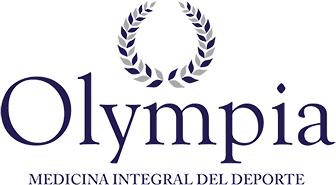
Vitamin C is a vitamin known for its important role in our immune system and the prevention of scurvy (disease caused by deficiency of this vitamin). It is an antioxidant vitamin that also helps prevent cell damage and is found in foods like oranges, kiwis, and bell peppers. It has also been used within modern treatments and therapies such as intravenous therapies to treat different conditions. Intravenous therapy, also called IV therapy, involves the administration of fluids, medications, vitamins, or minerals directly into the bloodstream. Much has been said about intravenous vitamin C (IVC) therapy, so we will mention its most common uses, myths, and benefits.
Uses for intravenous vitamin C have been added in a variety of medical conditions, including viral infections to reduce the severity of symptoms and boost the immune system. It has been used as part of adjuvant treatment for chemotherapy and radiation in cancer patients. It has also been used in autoimmune and inflammatory diseases such as lupus and rheumatoid arthritis to reduce symptoms, and studies have been carried out on its use in cases of sepsis due to its antioxidant effect that can mitigate tissue damage.
Despite its benefits, uses, and studies, there are also many myths surrounding this therapy. One of the most common myths is that vitamin C can cure cancer. Although some studies have shown its efficacy to use together with chemotherapy (as we mentioned above), it is not a cure, nor should it be the only treatment applied for that diagnosis. Another myth is that intravenous vitamin c can prevent COVID-19 or other infections. Vitamin C helps boost the immune system, but there is no evidence that it can prevent it. Vitamin C may reduce the risk of getting sick, it helps with the severity and duration of symptoms, but it is also not a cure for the common cold.
Benefits of intravenous vitamin C
Despite the myths, the benefits of vitamin C outweigh them. The most common benefits are:
- Improving the appearance of the skin due to its antioxidant properties and its role in the production of collagen.
- Helping increase the absorption of iron in our body, reducing the risk of anemia.
- Increasing the healing process by helping to repair tissue and reducing inflammation damage.
- Strengthening the immune system by increasing the level of white blood cells.
- Reducing fatigue and depression by regulating neurotransmitters and protecting from oxidative stress.
Although we have mentioned its uses and benefits, it is essential to consult a doctor before administering any therapy. In this case it is important to see a physician to make sure that the Vitamin C therapy is adequate, also depending on the reason, he will determine the dose and the number of sessions necessary for each patient. Finally, you should also go to a clinic specialized in this treatment or if it is a home consultation, it should always be applied by health personnel in case of any adverse effect.

